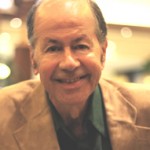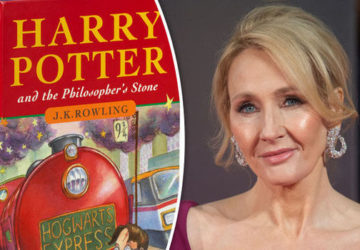Why do I teach journalism? For me it’s simple – because I had such good mentors when I began work as a cadet reporter (and copy boy).
Then there’s the other reason: I learn something new from every student. The ones I value most are students who come to writing with a conviction that they’re not really up to much – then produce copy that forces you to re-read it because it’s so fresh and powerful.
The other side of the coin is over-confidence: people who tell you that others told them that they would make good writers. In 18 years teaching non-fiction writing at university summer schools and online, I’ve found that these are the students who routinely fall by the wayside.
Writing, they tell me, wasn’t at all what they thought it would be. Writing, they discovered (and what Writers’ College students tell me) is hard – but incredibly rewarding when you get it right. And the old formulas still seem to endure.
Writing advice for all time
Years ago when I was in a first year university English class in Auckland, Professor John Reid told us something I’ve never forgotten. He said that writers must be endlessly self-critical, but not so critical as to destroy their work.
In a similar vein, William Faulkner advised writers to ‘Kill your darlings’ – meaning they should cull their best sentences and perhaps even, ideas. Samuel Johnson suggests the following to writers: ‘Read over your compositions, and wherever you meet with a passage you think is particularly fine, strike it out.’
Why? Because sometimes your fine passages block the flow of the rest of the copy, or just don’t work. It’s hard to abandon them – they seem so clever, which is why they must go.
But it’s the job of the journalist to question everything, so we should do just that to Faulkner’s sweeping absolutism and bring another rule into play: Don’t cull all fine sentences, just those show ponies that don’t work. Read each sentence out loud, and it’s so much easier to spot those which work for the copy – and those which are headed for oblivion….
Writing – good writing – usually comes with a hefty dose of self-doubt. ‘Can I do it?’ ‘Is it good enough?’ ‘Will they like it?’ And yet all of this self-questioning students bring to their work just confirms what my Prof Reid said. The best writers are those who are endlessly self-critical.
About the Author

Paul was New Zealand correspondent for the London Standard for 20 years, and the Sydney Morning Herald’s correspondent for five. As a freelancer his stories have appeared in magazines ranging from the Readers’ Digest to the Guardian and Asian Wall Street Journal. He specialised in media from 1988, beginning the country’s first Media Watch column for the National Business Review. He also became a long-serving correspondent for the show biz bible, Variety.
Paul is a winner of the Sir David Beattie Award for best news reporter in the print media, and a runner up in the 2002 Peace Awards. In 1986 he was awarded a Press Fellowship to Wolfson College Cambridge.
A past President of the New Zealand Society of Authors (PEN) he has written six best-selling non-fiction books, ranging from social histories to a text on the social impacts of broadcasting de-regulation. Paul has taught freelance and non-fiction writing at Auckland University’s summer schools for 18 years and is a non-fiction mentor for the Society of Authors.













